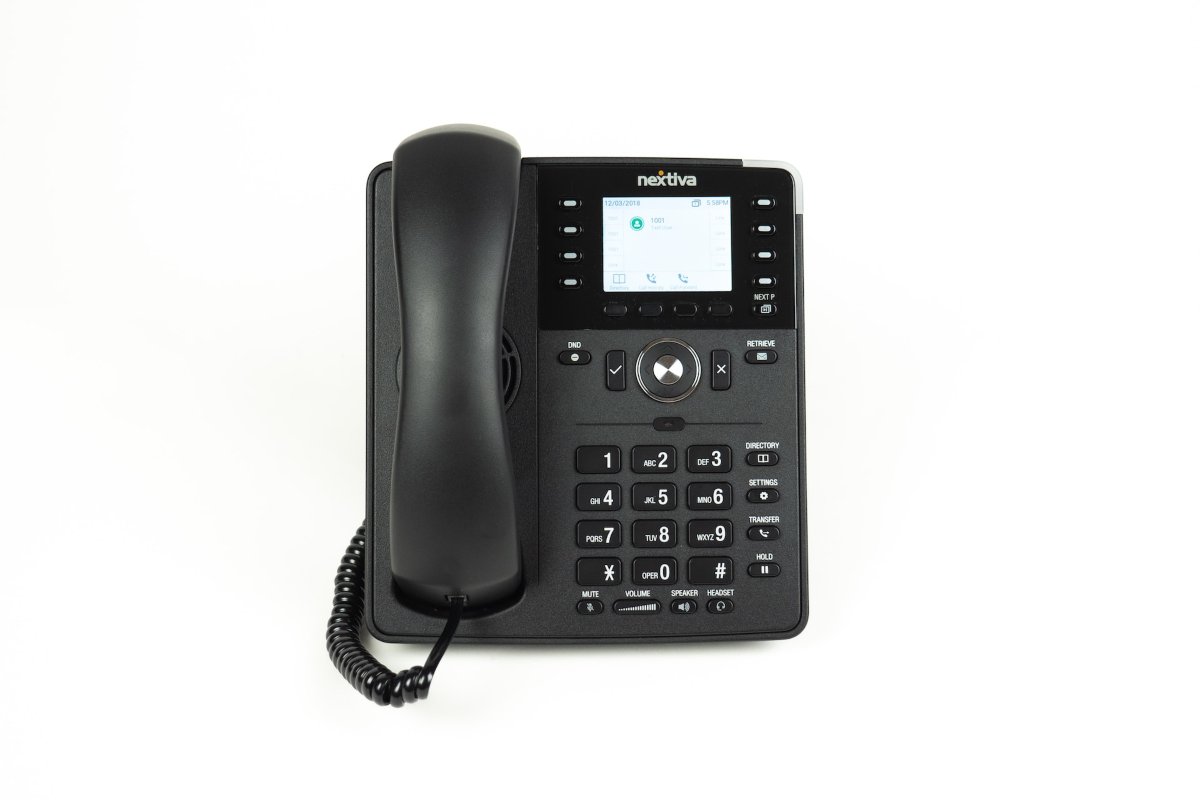We’ve had analog systems for so long. Maybe it’s time for a change? A lot of enterprises surely did. That’s the reason behind the success of virtual number providers like Telnum.
But if you’re not sure if that option’s right for you, keep reading. We’ll cover everything you need to make a decision.
The Analog System

If you don’t have VoIP, this is what you probably have.
But you may be more familiar with this as the landline. Having been in existence for more than 140 years, the infrastructure needed to make it work is already there. All people needed to do was connect to this existing line.
To make calling possible, this system uses copper wires to transmit data over long distances. And since it was invented, how it works remains the same.
And its availability is precisely the reason people have been using it for so long. Throughout the decades, the infrastructure expanded, making it more convenient for people to use it. Until more advanced tech came, anyway.
Another great thing about this is it’s not limited by bandwidth. When you’re connected to the system, you’re connected. All you’ll need to do is pick up the phone and dial. This makes it great if you’re in an area where the internet connection isn’t enough to sustain VoIP calls and other functions.
The VoIP system
In so many ways, it’s just like what’s currently the norm. You can also use it to call, but it uses the cloud (or the internet) instead of physical phone wires. And another prominent feature, you don’t need an actual phone for it to work. You can just link your VoIP number to your desktop and call from there.
The only problem with it perhaps is that it needs the internet to work. So we can arguably say that the reach of the first option is much greater. There are still areas with a weak signal but with a reliable landline. And if you’re from that area, this may not work for you.
But without that hindrance, there is a lot that you can get with VoIP:
1. It’s more affordable
Systems are set up to be affordable even to a startup. You don’t need to invest in initial equipment or sign on to a long-term plan when you’re just testing the waters. It’s a low-risk and high-return investment.
2. It has more functions
And these functions, usually available for free or at a much lower rate than with a landline. The integrations available are practically endless.
3. It’s flexible
Not only can you register multiple devices under one number, but you can also even switch devices whenever you want. Plus, you can set it up to ring at the same time so you can reach the gadget closest to you.
4. It’s not location-based
You or your employees can be wherever there is an internet connection to call.
How should you choose what would work for you?

If you’re still not sure what would work best, asking yourself these questions would help:
1. How’s my internet connection?
VoIP relies on calls, so it’s very important not only that you have a connection but also that it’s stable and reliable. Otherwise, the call quality wouldn’t be great.
If you’re more inclined to switch, check in your area what your options are. More importantly, make sure that the connection you’d get is strong enough to support your needs. The recommended bandwidth per line is 100 Kb/s.
Unavailability will mean that you’d need to stick with analog.
2. Where is my enterprise operating?
Location is also important. If you’re running a small business in only one location, it may not make a lot of sense to get VoIP. And the area of operation isn’t just about the area you’re serving or the location of your office. Where your employees are also matters.
But we need to emphasize this: we say MAY because there are a lot of other factors to consider. For example, real estate agents are always on the go. So even though they’re only serving clients who want to find a house in one area, VoIP will still be very useful.
3. Much do I have budgeted for communications?
Budget matters a lot. And if you want to get more value out of your money, the obvious choice is VoIP. Not only does it have more features than its older version, but it’s also way cheaper. There are a lot of ways that you can save like:
- Enjoying free international phone calls
- Getting features for free as part of your VoIP number purchase
- Reducing the scope of your subscription whenever you want
So when permitted by the situation, it’s always best to go with a VoIP phone system. The superior choice for effectively handling and managing your communication, it has everything and more that it takes to elevate your enterprise to its fullest potential.
Read Also:
- VoIP Hacking Is on the Rise. How Can You Prevent It?
- 6 Tips to Making Your Voice More Secure with VoIP Phones
- Consider A VoIP Phone Service Upgrade For Your Business
















